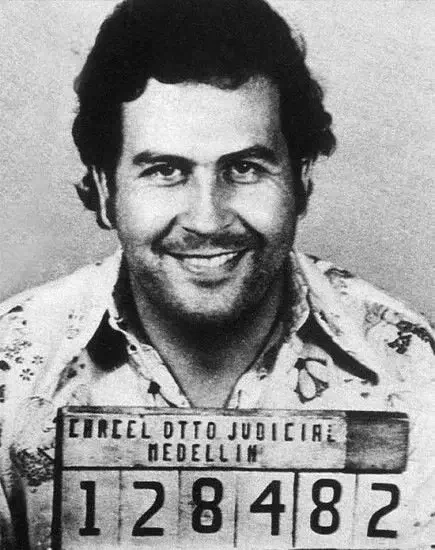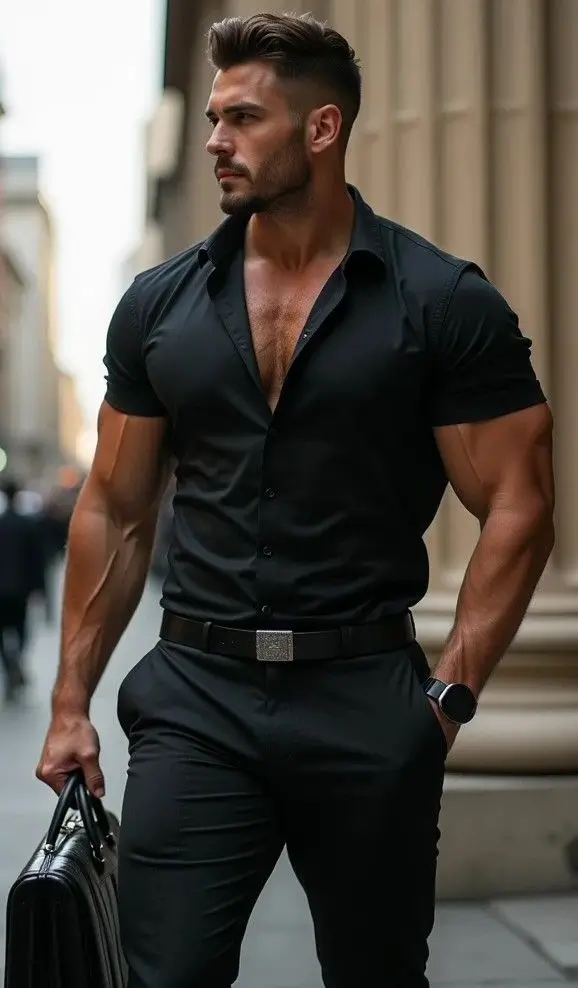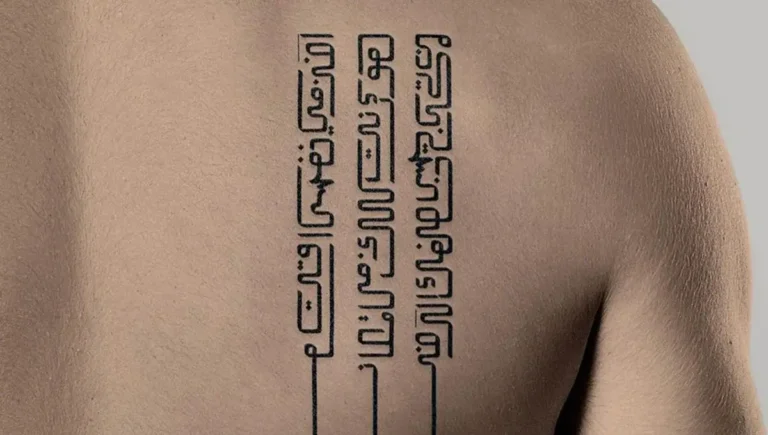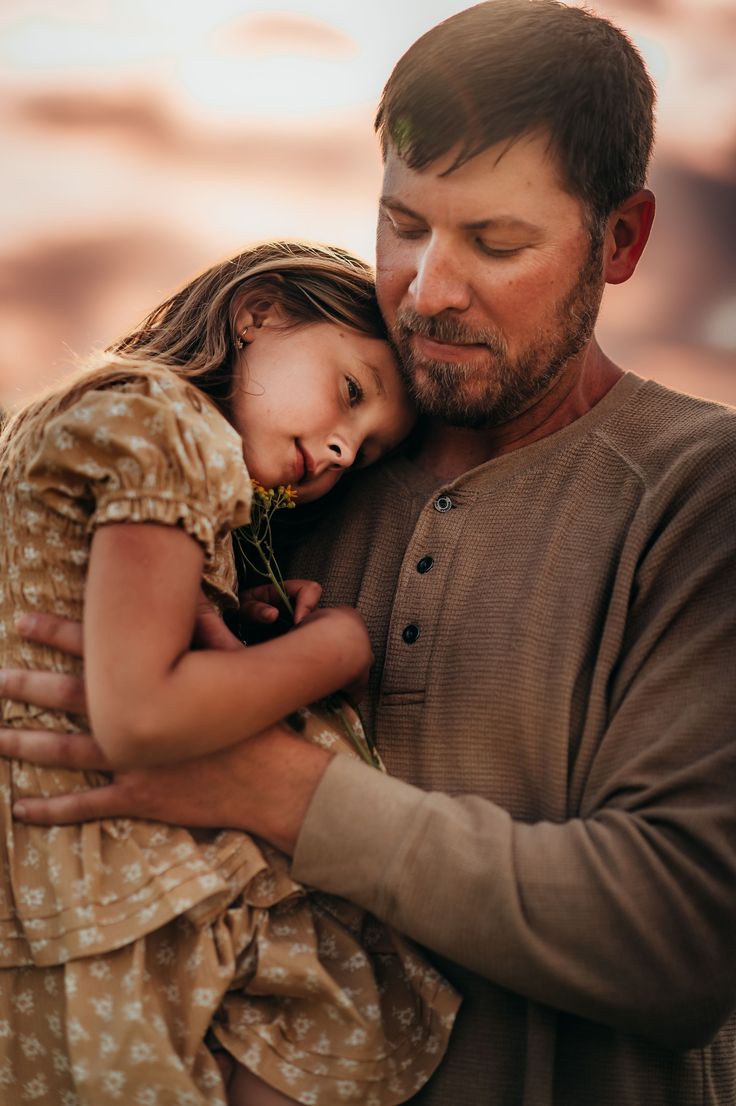“We should make more than banks,” was one of the well-known quotes of Pablo Escobar, head of Colombia’s Medellín Cartel. Escobar’s immense wealth was built on a mountain of cocaine. But his growing ego and use of violence to defy governments ultimately led to his downfall. As the authorities closed in, he was forced into hiding as one of the world’s most wanted men. After years on the run, Escobar was finally tracked down and killed in 1993.
While his death marked the end of the Medellín Cartel’s dominance, new criminal organizations rose to continue profiting from the multi-billion dollar drug trade. Escobar’s life demonstrated that vast criminal fortunes are never sustainable when amassed through wanton violence and disregard for the rule of law. His dramatic rise and fall serves as a warning of what can happen when drug kingpins wield power without restraint.
Life and Legacy of Pablo Escobar
Pablo Escobar, often remembered as the King of Cocaine, rose from modest roots to become one of the most infamous and wealthiest drug lords of all time. Your curiosity about his life and family ties will uncover a complex web of ambition, power, and the relentless pursuit of wealth.
From Humble Beginnings to Drug Lord
Pablo Emilio Escobar started his life in the small town of Rionegro, Colombia. With dreams larger than his humble beginnings, Escobar catapulted himself into a life of crime to satisfy an insatiable appetite for wealth and status. He founded the Medellin Cartel, which at its height supplied an estimated 80% of the cocaine smuggled into the United States. His empire was notorious, marked by immense power and formidable control. But one thing was for sure: as Escobar’s power grew, so did his infamy.
- Date of Birth: December 1, 1949
- Birthplace: Rionegro, Colombia
- The Rise to Power: Late 1970s – Early 1990s
Escobar’s Family: Personal Ties
Your exploration of Escobar’s personal life reveals a family that stood by him amid his notorious dealings. Maria Victoria Henao was his wife, who remained with him until his death. Together, they had two children, Juan Pablo, who now goes by Sebastian Marroquin, and Manuela. To them, he was not just the head of a criminal empire but also a husband and father – roles he took seriously. He showered his family with love and lavished them with luxury. Escobar also expressed his softer side through his love for flowers; a contrast to his ruthless persona. Despite his ultimate demise, Escobar’s family continues his legacy, striving to live beyond the shadow of his former life.
- Wife: Maria Victoria Henao
- Children:
- Juan Pablo (Sebastian Marroquin)
- Manuela Escobar
- Personal Life: Amid chaos, a love for family and flowers
Bright or dark, Escobar’s journey from the streets of Rionegro to the annals of criminal history is a testament to the complexity of human ambition and the lengths one will go to secure a legacy, leaving a tale that continues to fascinate the world.
Notorious Escobar Quotes

Pablo Escobar’s quotes often need to be understood within the specific historical and socio-political context of Colombia during the height of his power.
Quotes Reflecting Ambition and Ruthlessness
- “I supply more heroin, cocaine, and marijuana than anyone else…”
- This quote reveals Escobar’s audacious admission to his dominance in the drug trade.
- “I’m a decent man who exports flowers, and if you want, I’ll send you a bouquet.”
- An ironic statement showcasing Escobar’s ability to manipulate public perception, masking his criminal activities.
- “I prefer to be in the grave in Colombia than in a jail cell in the United States.”
- Reflects Escobar’s fear of extradition and determination to control his destiny even in death.
Quotes on Family and Loyalty
- “I would surrender, but I’m not a coward.”
- A statement blending defiance and pride, reflecting Escobar’s self-perception as a man of honor.
- “Family is more important than business.”
- Shows Escobar’s commitment to his family, a sentiment that often conflicted with his ruthless criminal endeavors.
- “Plata o plomo (silver or lead).”
- This infamous quote represents Escobar’s coercive approach: accept bribes or face assassination.
Controversial Quotes and Statements
- “I’m not a rich person. I’m a poor person with money.”
- A paradoxical statement shedding light on Escobar’s mindset, revealing the complex relationship he had with his wealth.
- “I supply more heroin, cocaine, and marijuana than anyone else…”
- A repetition of the dominance theme, emphasizing his ruthless control of the drug trade.
- “The only war is the war I’m fighting against governments.”
- Demonstrates Escobar’s perception of himself as a warrior against authorities, justifying his criminal actions as a rebellion.
Perspectives on Power and Wealth
To Escobar, power and money were two sides of the same coin; inseparable and paramount. He once asserted, “Everyone has a price, the important thing is to find out what it is.” Power, encapsulated in the choice between “silver or lead,” became Escobar’s currency, one he traded for loyalty and control. His sayings lay bare the visceral reality of his reign as a self-made king, a potent reminder that wealth and power often dictate the ebb and flow of empires.
Empire of Blood and Fire
You’re about to dive into the explosive history of the Medellin Cartel, a stark symbol of power and brutality. This infamous empire was forged through intense fire and spilled blood, echoing Pablo Escobar’s chilling words that “All empires are created of blood and fire.”
The Rise of the Medellin Cartel
It’s the late 1970s, and you witness the birth of the Medellin Cartel. Narcos become the new elite, building an empire on the lucrative cocaine trade. The cartel’s influence grows immense, as if they were setting the world ablaze with their ruthless tactics and an insatiable hunger for power. The organization operated like a shadow government, issuing orders that someone might be killed as readily as it established social order in neighborhoods under its control.
War Against the State and Rivals
You’re in the 1980s now; it’s a time of unbridled war. The Medellin Cartel, not content with mere dominance, engages in a full-scale conflict against rival cartels, the Colombian state, and even the United States. Think of a modern empireclashing with the old guards of order. Escobar’s men set the country on fire, bombing buildings and assassinating officials. Jails, often a final destination for criminals, are nothing but temporary setbacks – Escobar famously turns his prison into a palace, the infamous La Catedral.
The Man Behind the Myth

You’ve heard the tales of the notorious Pablo Escobar, the “King of Cocaine,” whose life story blurs the lines between fact and fiction. This section peels back the layers to reveal the man behind the moniker, a figure marked by stark contrasts and compelling views.
Contrasting Public and Private Persona
Imagine peeking behind the curtain of Escobar’s public facade, where intelligence and ruthlessness forged a drug empire. Yet, in the private realm, the man who claimed to feel like God when ordering a hit was also someone who saw himself as a “decent man who exports flowers.” The duality is stark: on one side, a feared kingpin, on the other, a figure who engaged in acts of generosity and charisma, leading some to view him as a Robin Hood-like figure. His persona could shift in the blink of an eye, from nurturing family man to a calculating figure who believed that being clever was essential, stating that “there can only be one king.”
Escobar’s Philosophical Views
You’ll find that Escobar’s philosophical musings were as bold as his actions. He questioned whether being honest was always the best policy and suggested that not all “good guys” wielded truth like a sword. At the heart of his outlook was an understanding that life was multifaceted—geniuses and idiots alike played roles in the grand tapestry. He mused that some level of deceit was a necessity; being too honest could be bad for business. This philosophy underpinned his criminal activities, which he justified as finding ways to outsmart a system he deemed flawed.
Downfall and Death of a Kingpin

As you dig into the last days of Pablo Escobar, prepare to uncover the thrilling climax of his tumultuous reign. The Medellín Cartel’s leader drew his last breath in a city that once bowed to his power, resulting in a grave in Colombia and a legacy marked by infamy and a costly hunt.
The Search Bloc Hunt
Your journey through Escobar’s downfall begins with the Search Bloc, an elite Colombian task force. With a substantial price on his head, this relentless team pursued him with a tenacity that matched the fury of his enemies. Imagine the streets of Medellín turning into a battlefield where every shadow could conceal an assailant, every phone tap could lead to a breakthrough.
Pablo’s Last Stand
Facing the inevitability of demise, Pablo Escobar’s final moments played out like a scene from an action-packed film. Surrounded in a middle-class neighborhood of Medellín, he was killed on a rooftop during a fierce shootout. This denouement was not just his end, but the symbol of a grander defeat against the cartels. You can almost hear the collective sigh of relief from a nation as the man who had evaded capture for so long met his death.
Escobar’s Cultural and Economic Impact

Before diving into the specifics, it’s essential for you to know that Pablo Escobar wasn’t just a notorious Colombian drug lord; he also made a lasting impact on both culture and economics. Through his infamy and vast wealth, he shaped the media and even altered economic sectors within Colombia.
Influence on Media and Entertainment
You’ve seen countless movies, TV shows, and documentaries that were directly influenced by the life of Pablo Escobar. His actions as a kingpin have become a source of endless fascination with dramatic narratives focused on the world of narcotics. These stories often highlight his role in the cocaine trade, thrusting the gritty details of criminal enterprises into your living room. It’s not just about the past; this content often dissects the influence of the United States in the international drug market and the complexities of the criminal world.
The entertainment industry has passionately embraced Escobar’s life, producing content that mirrors his extravagant, perilous lifestyle. Your screens are filled with portrayals of him, confirming that his life story continues to resonate and keeps you on the edge of your seat.
Aftermath and Legacy in Colombia
When you consider Escobar’s legacy in Colombia, it goes far beyond just criminal activities. His economic imprint was massive—and not all about illicit trade. Apart from the influx of cash from the cocaine exports, he engaged in legitimate business ventures, including exporting flowers, which altered the dynamic of economic sectors within the country.
The aftermath of his reign paints a complex picture. There’s an undeniable mark left on Colombia’s urban landscape, specifically in Medellín, where he’s credited with various urban development projects. Some even argue that certain neighborhoods benefitted from his wealth, albeit through his notorious means. Your exploration of Medellín today would reveal a city that has been transformed significantly since the times of Escobar’s dominance.
Personal Opinion on Quotes of Pablo Escobar
Let’s be honest, everybody who had watched the series “Narcos” on Netflix, showed a little bit of sympathy towards Pablo Escobar at the beginning. Maybe it’s because of the background history behind his rise. However, when he started bombing government buildings which caused to the death of civilians, all sympathy was gone and everyone agreed: He must be punished.
The quotes of Pablo Escobar mentioned in this blog post offer insights into the mind of a criminal. Even if his quotes still persist in narcoculture, symbolizing rebellion, his image has never changed. For example, the locals in Medellin won’t appreciate your visit to his grave. I consider this blog post as part of a critical examination of his criminal actions.
Why analyze quotes of Pablo Escobar?
Escobar’s quotes offer insights into the mind of a criminal mastermind, shaping perceptions and impacting pop culture. Understanding their context helps unravel the complexities of his character.
Is exploring Escobar’s quotes glorifying crime?
No, it’s a critical examination. We acknowledge his criminal actions while dissecting quotes to comprehend the historical and cultural impact responsibly.
How do Escobar’s quotes influence today’s culture?
His quotes persist in narcoculture, symbolizing rebellion. They’re used in films, music, and criminal subcultures, fueling debates on ethics and legacy.
If you liked this blog post about the topic: “Quotes of Pablo Escobar”, don’t forget to leave us a comment down below to tell us about your experience with it.
Before you go…
You didn’t read until here because you like crime, but because you are interested in cultural topics. So let’s dive into another one which is worth reading. In my previous blog post I wrote about quotes from the boondocks. You don’t wanna miss this.






